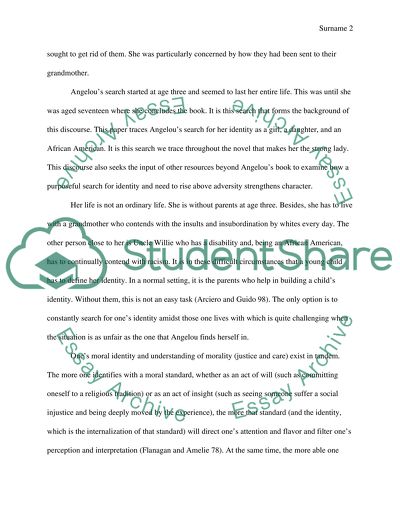Cite this document
(“How a Strong Identity Strengthens Character: A case of Maya Angelou Essay”, n.d.)
How a Strong Identity Strengthens Character: A case of Maya Angelou Essay. Retrieved from https://studentshare.org/literature/1452069-how-the-setting-strengthen-maya-s-character-and
How a Strong Identity Strengthens Character: A case of Maya Angelou Essay. Retrieved from https://studentshare.org/literature/1452069-how-the-setting-strengthen-maya-s-character-and
(How a Strong Identity Strengthens Character: A Case of Maya Angelou Essay)
How a Strong Identity Strengthens Character: A Case of Maya Angelou Essay. https://studentshare.org/literature/1452069-how-the-setting-strengthen-maya-s-character-and.
How a Strong Identity Strengthens Character: A Case of Maya Angelou Essay. https://studentshare.org/literature/1452069-how-the-setting-strengthen-maya-s-character-and.
“How a Strong Identity Strengthens Character: A Case of Maya Angelou Essay”, n.d. https://studentshare.org/literature/1452069-how-the-setting-strengthen-maya-s-character-and.


